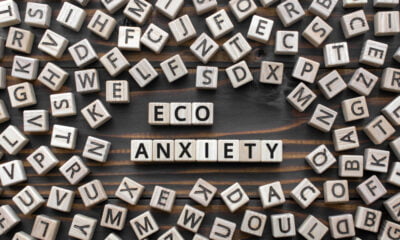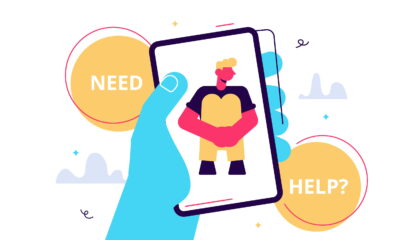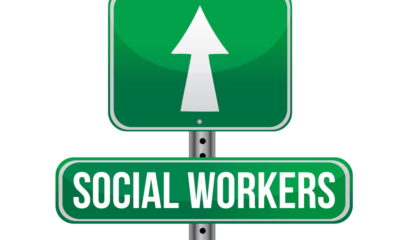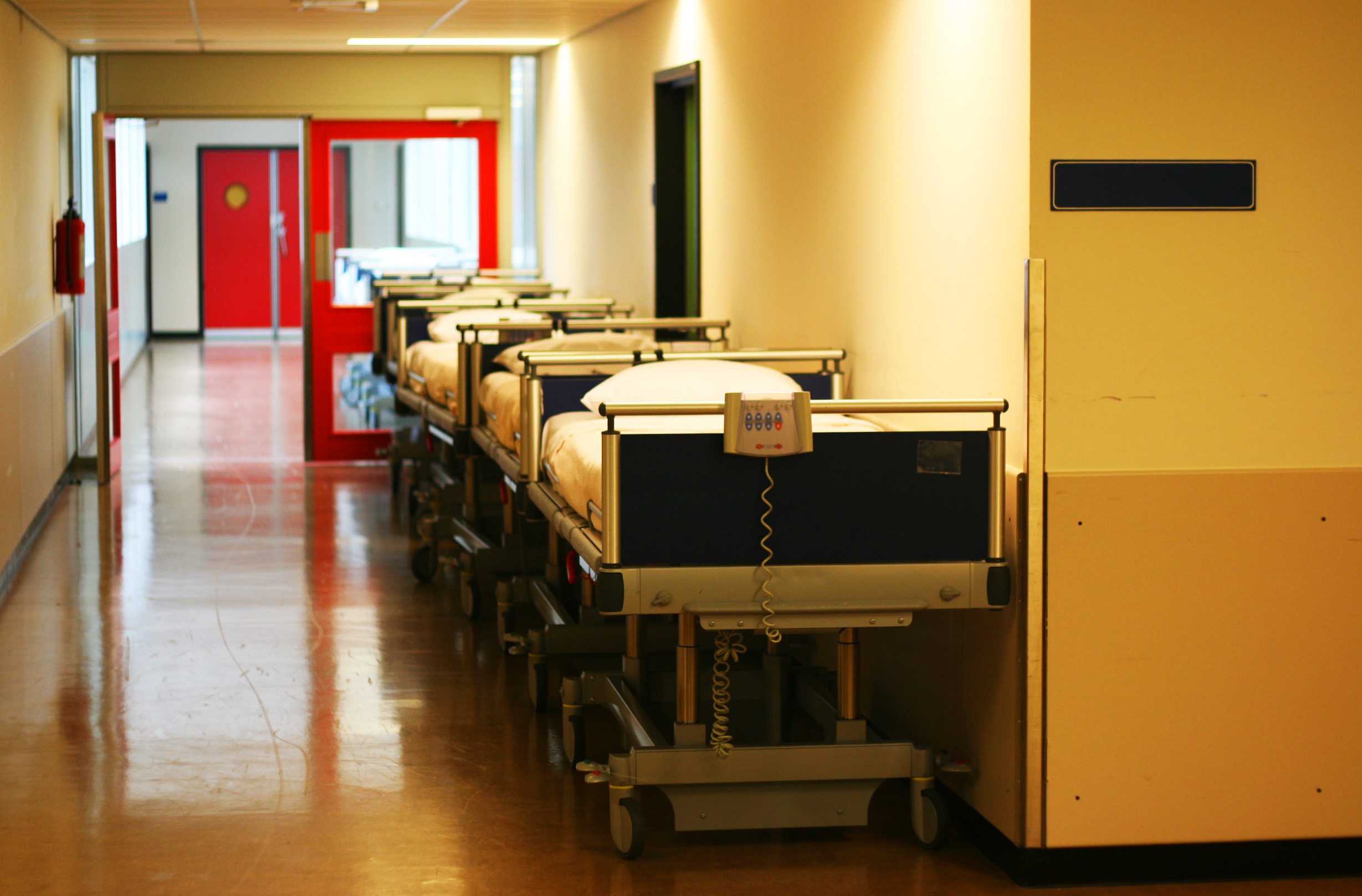
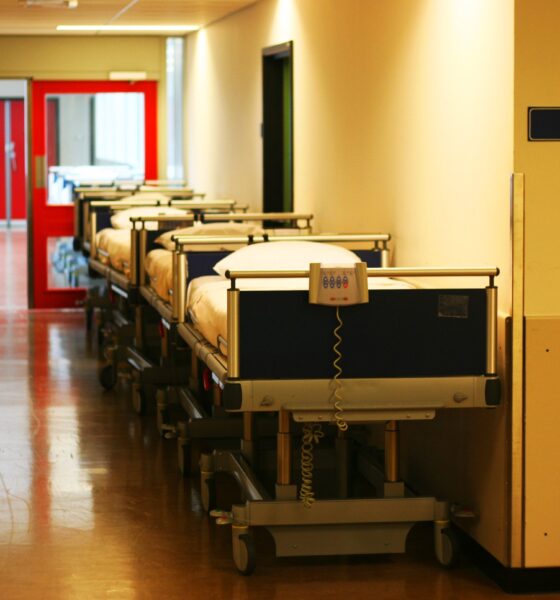
News
Two-thirds of Britons with mental health problems get no treatment
Some two-thirds of Britons with common mental health problems, such as depression, receive no treatment, according to the incoming president of the Royal College of Psychiatrists.
Prof Simon Wessely of King’s College London, in an interview with the Guardian, said that there is an “appalling” treatment gap because of a lack of spending.
“People are still routinely waiting for – well, we don’t really know, but certainly more than 18 weeks, possibly up to two years, for their treatment and that is routine in some parts of the country,” he said.
While a larger proportion of Britons with severe mental illness now have access to treatment, around 45% do not, he added.
If a similar treatment gap existed among cancer sufferers, Wessely said, “You’d be absolutely appalled and you would be screaming from the rooftops.
“Some children aren’t getting any treatment at all – literally none. That’s what’s happening. So although we have the aspiration, the gap is now so big and yet there is no more money.
“If people really want true parity in the sense of actual 90% of mental health patients treated within 18 weeks, just like they are for other disorders, that is going to have to mean money will have to move from acute to mental health. Genuine money.”
Wessely’s warning comes as an investigation by the Health Service Journal (HSJ) has revealed that, as of April, there were 3,640 fewer nurses and 213 fewer doctors working in mental health than there were two years ago.
“[The figures] highlight the urgent need for political leaders and NHS England to stop talking about parity jam tomorrow and get on with addressing the funding deficit resulting from year on year cuts,” said Stephen Dalton, chief executive of the Mental Health Network.
“In some parts of the country services are at a tipping point.”
Mental health has been in the headlines this week after the death of renowned comic and actor Robin Williams, in an apparent suicide. Williams had a long history of struggles with depression and addiction.
If you are depressed, or you think you know someone who is, the charity MIND offers step-by-step advice on what to do.
Photo: Jelle Boontje via Free Images
Take our 2014 reader survey and you could win an iPad, Kindle or donation to a charity of your choice.
Further reading:
RIP Robin Williams: it’s time to talk about men’s mental health
£1 investment in cancer research generates 40p return
Social investment fund backs mental health text messaging app
‘Happiness and wellbeing’ should be our top priority, not economic growth
Green spaces in cities positively affect mental health


 Environment12 months ago
Environment12 months agoAre Polymer Banknotes: an Eco-Friendly Trend or a Groundswell?

 Features11 months ago
Features11 months agoEco-Friendly Cryptocurrencies: Sustainable Investment Choices

 Features12 months ago
Features12 months agoEco-Friendly Crypto Traders Must Find the Right Exchange

 Energy11 months ago
Energy11 months agoThe Growing Role of Solar Panels in Ireland’s Energy Future

